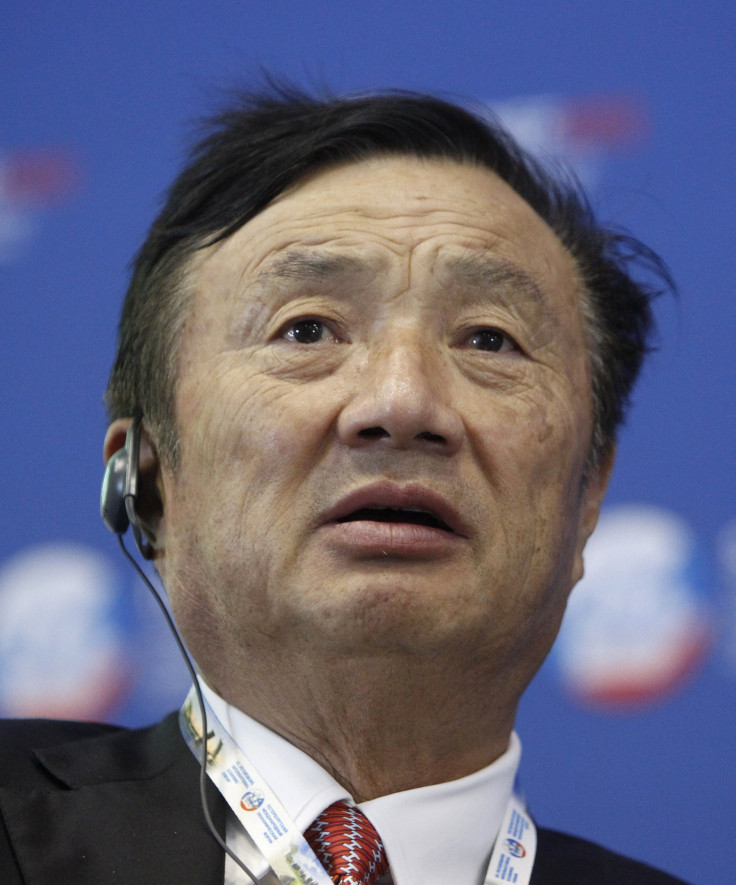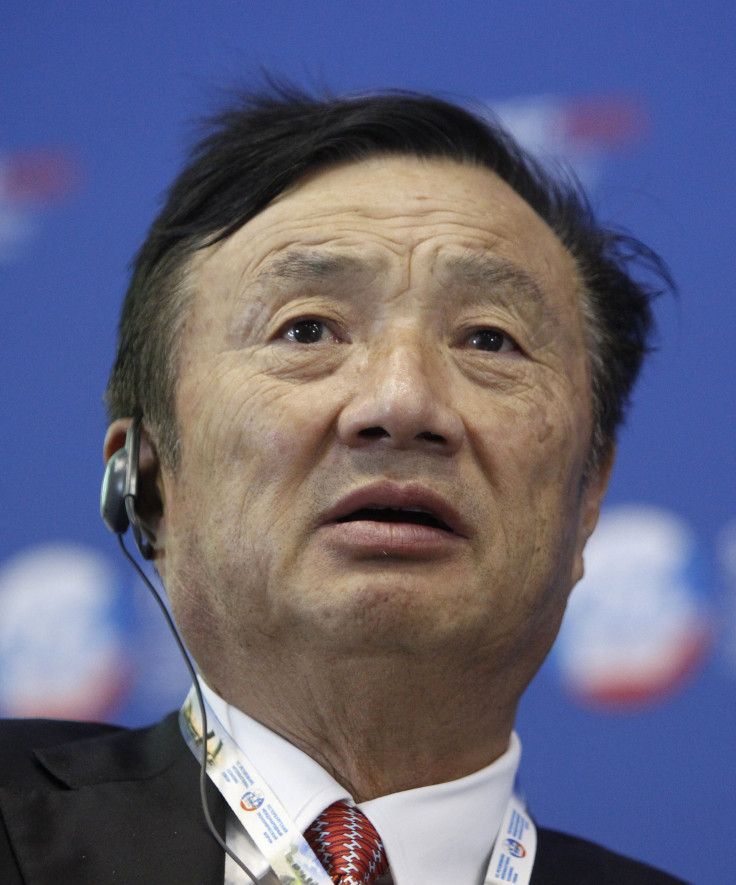Ren Zhengfei, Huawei's Elusive CEO: We're Not Involved In Cyberattacks In The U.S.

This story has been updated to indicate that Huawei Technologies is not the similarly named toymaker Huawei Technology.
The founder and CEO of the biggest electronic equipment maker in the world has ended his self-imposed media silence after almost three decades, and he's using the spotlight to reiterate his coldness toward the United States.
Ren Zhengfei, who founded Huawei Technologies Co. Ltd. in China in 1987 and led it as CEO to overtake Ericsson in 2012 and grab the No. 1 spot worldwide, gave his first media interview in 26 years in New Zealand this Thursday.
Ren said that Huawei has little presence in the U.S. and no connection with “the cyber-security issues the U.S. has encountered in the past, present and future." The company has long been suspected by the U.S. of being connected to cyberattacks against American targets.
Based in Shenzhen in the coastal province of Guangdong, Huawei provides communications equipment to enterprises and manufactures phones for the consumer market.
Ren has never given any media interviews, preferring instead to communicate via articles he writes periodically for the company’s website. So it came as a surprise when Ren gave an interview to Fairfax New Zealand, possibly in an effort to be more transparent. He was in New Zealand this week after the company was awarded an important contract there.

In the interview, Ren said New Zealand is strategically important to Huawei. The company has invested 139 million New Zealand dollars ($117 million) in New Zealand in the past three years.
However, Ren did not appear as taken with the much bigger American market.
“Huawei equipment is almost non-existent in networks currently running in the U.S," he said. "We have never sold any key equipment to major U.S. carriers, nor have we sold any equipment to any U.S. government agency,” Ren said.
That lack of sales in America may not have been his choice.
Ren’s curt comment may in fact come from a history of bad blood between his company and the U.S. government. Huawei has long been suspected of cyberattacks in the U.S. and has been frustrated with the limit such suspicions have placed on the company’s development in America.
After a U.S. House of Representatives Intelligence Committee report last October specifically asked American companies not to do business with Huawei, the U.S. Defense Department’s annual report to Congress this week laid blame for recent cyberattacks against the U.S. defense industrial base at the feet of the Chinese military. While Huawei was not mentioned this time, the report prompted the Indian government to initiate a close examination of the electronic equipment Huawei produced, according to Sohu IT. In comparison, New Zealand has welcomed Huawei with open arms.
According to Fairfax New Zealand, Ren also addressed his experience as an engineer in the People’s Liberation Army, one of the reasons Huawei has been suspected of assisting the Chinese government in cyberattacks in the past.
“In 1978, China had not opened to the outside world," he said. "My personal philosophy then was to work hard for the people. Back then, any outstanding person would have joined the party.”
Ren said that by the time he founded Huawei in 1987, it had been years since he was in the army.
© Copyright IBTimes 2024. All rights reserved.











